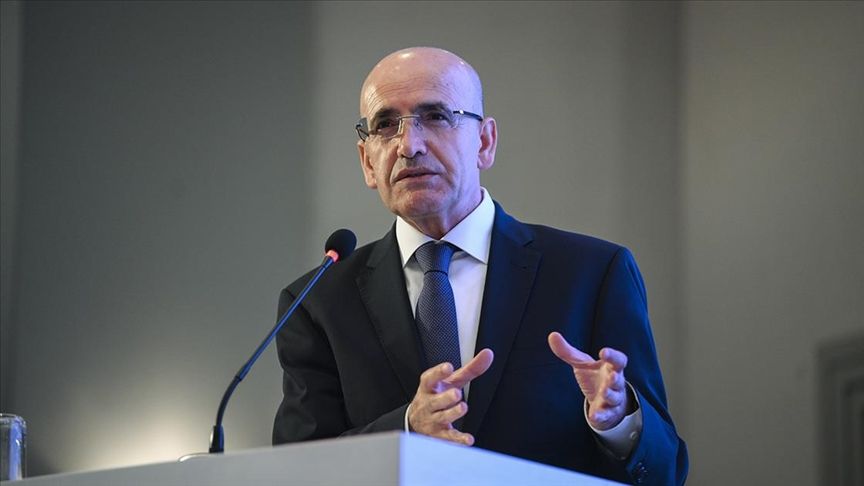Exclusive interview by Yusel Kayaoglu — As the government begins drafting new tax reform plans, a “prepayment tax” system has been proposed for doctors, engineers, dentists and some freelance groups, whereby taxes would be collected first, declared later and offset at the end of the tax period.
The new tax reform proposal aims to ensure tax fairness and reduce the proportion of indirect taxes in general tax revenues, and also includes regulations targeting individuals with discrepancies between their income and the amount of tax they pay.
Proposal by AK Party officials
A senior official from Turkey’s ruling Justice and Development Party said in an impact analysis study that doctors, engineers, dentists and some freelance groups will face tax adjustments. “If you look at some professions, they live a lavish life with the latest cars and luxury homes. To have these you need a high income. But if you look at the amount of tax they pay, it’s not commensurate with their income. There are even some who don’t pay tax as if they don’t earn anything. We want to prevent this,” the party official said.
An AK Party source said an “advance tax” system for freelance groups was on the table: “Tax will be collected in advance and tax returns will be submitted afterwards. The offset will be made at the end of the tax period. This method will prevent tax evasion, as no one wants to be subject to a tax audit. If the income declared is lower than the tax due, they know they will be audited.”
Entering and exiting the Ministry of Finance
According to an AK Party official, the minimum corporate tax would apply to domestic companies as well as global ones. “Our research has shown that, for example, even companies that are in the top 100 companies nationwide by tax base, the tax they pay goes into the state treasury but quickly leaves it. This is because this tax does not stay in the treasury due to exceptions, preferential treatment and exemptions. Under the plan we are proposing, they will have to pay at least 15 percent of corporate tax even if they benefit from exceptions or get exemptions.”
Procurement law changes
Following the tax reform proposal, the exceptions to the Public Procurement Law will also be reviewed. A Justice and Development Party source said: “Currently, public organizations are relying on these exceptions to purchase goods and services on the pretext of ’emergency’. This will be prevented. The scope of the exceptions will be narrowed. There are more than 30 exceptions. They will be reduced. In addition, Article 21 of the law, which stipulates the negotiation procedures, will also be reviewed. In particular, tenders based on this article will be subject to strict rules, as many public organizations want to tender based on this article.”
Article 21 of the law allows for negotiated bidding in the event of unforeseen circumstances, such as natural disasters, epidemics, imminent danger of loss of life or property, emergency construction techniques, ensuring the safety of buildings, lives and property, etc. It also allows for negotiated bidding in the event of unforeseen circumstances that the administration did not foresee in advance. Negotiated bidding allows bidders to submit bid documents without public notice. This method has sparked debate over the transparency of bidding.


